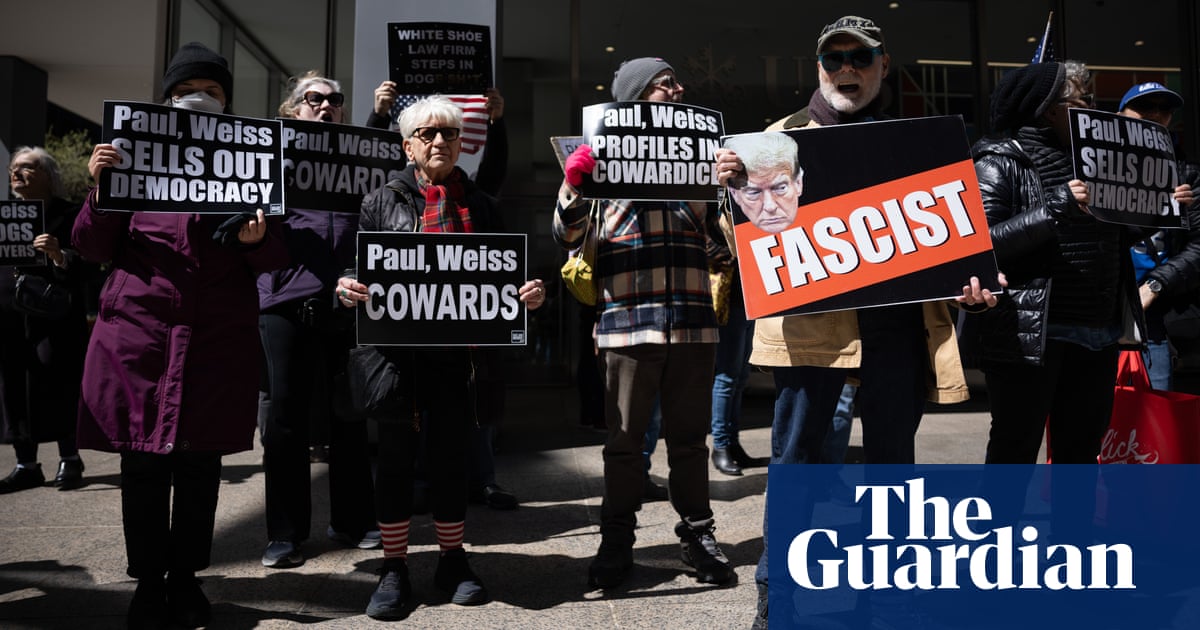In 1858, when London could no longer tolerate the stench of raw effluent in the Thames, city authorities commissioned a system of sewers that operates to this day. A century later, when noxious fog choked the capital, parliament passed the first Clean Air Act, limiting coal fire emissions.
When a dangerous toxin assails the senses, polluting public space to the detriment of all that use it, the case for legislation is self-evident. The argument is more complex when the poison has no chemical properties; when it exists in a virtual realm. This is the conceptual challenge for regulation of digital content. It is made all the more complex by conflation with arguments about free speech and censorship.
The UK has a law that grapples with these questions. The 2023 Online Safety Act makes social media companies, websites and search engines responsible for harmful content published via their services. Offending material named in the statute is uncontroversially horrible – violent pornography, incitement to violence and terrorism. Such things are commonly proscribed even in very liberal jurisdictions on the basis that, with some types of communication, the state’s duty of public protection is paramount. No one argues that child abuse images, for example, are a legitimate expression of free speech.
Yet implementation of the Online Safety Act is now in question because Donald Trump’s government has identified it as a symptom of wider European infringement of free expression. As the Guardian revealed this week, US state department officials expressed their concern in a meeting with Ofcom, the regulator responsible for enforcing new digital regulations.
That intervention should be seen in the context of an aggressive trade policy that cannot tolerate any foreign restriction on the extension of American economic interests overseas. That explicitly includes regulation that “incentivises US companies to develop or use products and technology in ways that undermine free speech or foster censorship”.
The invocation of liberal principle here is cynical and ideological. The Trump administration defines freedom of speech as the right to propagandise for the president. Any effort to correct wilful misinformation or conduct public discourse on a foundation of verifiable fact is liable to be denounced as censorship.
Mr Trump’s power is bolstered by alliance with tech industry oligarchs. The unwritten deal is that the president’s cause is boosted on social media and the platforms’ commercial interests are driven by the president. That is why US trade policy is being deployed against European regulators that have tried to make the internet – or the part of it over which they have legal jurisdiction – less lawless.
Yielding to that pressure would cede control of the digital information space to people who actively subvert it for the cause of American ultranationalism. It would mean accepting that a vital part of the digital infrastructure for a free society operates according to rules set by companies that are poisoning the wells of public discourse.
There is a legitimate debate to be had about the boundary between safety online and censorship. The two issues are entangled because regulation of information space involves a distinction between permitted and intolerable content. But no European democracy can conduct that debate on terms dictated by a US administration that sees all digital space as its sovereign domain, and that holds tenets of liberal democracy in contempt.

 German (DE)
German (DE)  English (US)
English (US)  Spanish (ES)
Spanish (ES)  French (FR)
French (FR)  Hindi (IN)
Hindi (IN)  Italian (IT)
Italian (IT)  Russian (RU)
Russian (RU)  22 hours ago
22 hours ago
























Comments